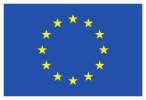Beneficiaries
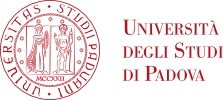
University of Padua
UniPDProf. Silvio Tosatto
Full Professor of Biochemistry at the Department of Biomedical Sciences, University of Padova. He leads a team of 35 people. His primary interest is the structural disorder of protein and methods development for its prediction. Acting as REFRACT's Chair.Dr. Alexander Monzon
Assistant Professor. Department of Information Engineering, University of Padova. Research interests: database development, data engineering, data biocuration and machine learning approaches to detect TRPs. Acting as REFRACT's Scientific Coordinator.Prof. Damiano Piovesan
Associate professor at the Department of Biomedical Sciences, University of Padova. Working on methods development for protein function and repeat prediction.
European Molecular Biology Laboratory - European Bioinformatics Institute
EMBL-EBIDr. Robert Finn
Group leader of the Sequence Families team at EMBL-EBI, which is responsible for InterPro, Pfam, Rfam, RNAcentral, and Metagenomics data resources.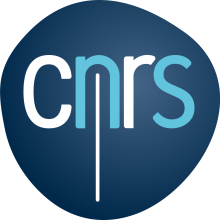
Centre National de la Recherche Scientifique
CNRSDr. Andrey Kajava
Director of Research at CNRS, leading a team of 6 people at CRBM, including 2 PhD students, 2 permanent researcher, one engineer and one student. The main areas of research are non-globular proteins, especially, proteins with tandem repeats and amyloids.Dr. Pau Bernado
Leads a team of 10 people, including 2 permanent researchers, 3 technicians, 3 postdocs and 2 PhD students. Two principal techniques they use are NMR and SAXS.Johannes Gutenberg University Mainz
JGUProf. Miguel Andrade
Full Professor of Bioinformatics at the Faculty of Biology of the Johannes-Gutenberg University of Mainz and leads a group of 8 people. The Computational Biology and Data Mining group works in exploring gene function using computational techniques.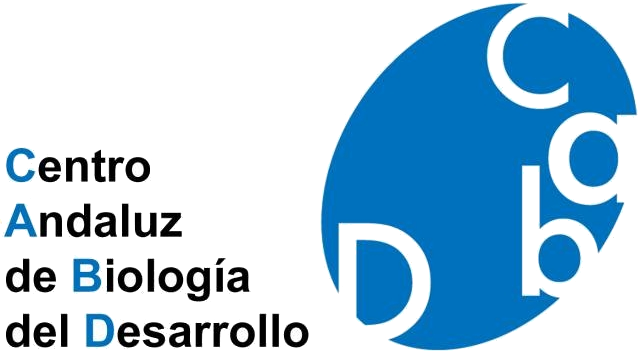
Centro Andaluz de Biología del Desarrollo
CABDProf. Damien Devos
Leads a team of 15 people, including 4 PhD students, one PostDocs and a technician. His primary interest is evolution, in particular of the eukaryotic cell, bioinformatics, protein structures and methods development to study evolution.Zurich University of Applied Sciences
ZHAWDr. Maria Anisimova
Head of Applied Computational Genomics at the Institute of Applied Simulations (ZHAW Wädenswil), which specialises on interdisciplinary research in complex systems modelling.Stockholm University
SUProf. Arne Elofsson
Leads a group of 11 ESRs and ERs. He is a pioneer in the theoretical study of protein structure, function and evolution.
Partners

National University of Quilmes
UNQProf. María Silvina Fornasari
Member of Structural Bioinformatics Group, she heads a group focused on the effects of sequence variants in protein structure and function.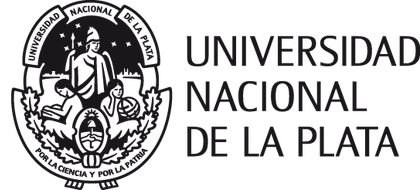
National University of La Plata
UNLPProf. Gustavo Parisi
Leads the Structural Bioinformatics Group and vice-president of Argentinean Association of Bioinformatics.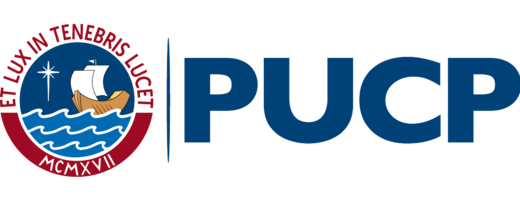
Pontifical Catholic University of Peru
PUCPDr. Layla Hirsh Martínez
Leads the bioinformatics research line of the research group IA-PUCP. Her research projects are related with annotation and structure classification of repeat proteins.
Cayetano Heredia University
UPCHProf. Daniel Guerra
Leads a group focused on protein folding and gene expression regulation in bacteria.Prof. Eduardo Cruz-Chu
Has extensive experience in molecular dynamics simulations of bio-synthetic systems (nanopores, biochips, synthetic materials, biomaterials, structural proteins).Pontifical Catholic University of Chile
PUCDr. Francisco Melo
Leading researcher in the field of bioinformatics and computational biology. His research projects focus on structural bioinformatics and protein-DNA interactions.Dr. Osmany Guirola
Head of the Bioinformatics Group of the Department of Systems Biology at PUC.
Center for Genetic Engineering and Biotechnology
CIGBDr. Glay Chinea
Leads a program of the Biomedical Research Division aimed to the design and development of antiviral molecules against Dengue virus.
National Autonomous University of Mexico
UNAMDr. Enrique Merino
Directs a Computational Genomics group with the main focus on algorithm development for the identification of the inference of protein function based on regulatory signals recognition.
University of Cauca
CAUCADr. Nestor Diaz
Members of the Group of Computational Intelligence of the Faculty of Electronic Engineering and Telecommunications. The aim of the group is to develop new algorithms and tools that solve problems in education, health and bioinformatics.Dr. Ember Martinez
Members of the Group of Computational Intelligence of the Faculty of Electronic Engineering and Telecommunications. The aim of the group is to develop new algorithms and tools that solve problems in education, health and bioinformatics.
Caucaseco Scientific Research Center
CSRCDr. Myriam Arevalo-Herrera
Is co-director of the CSRC and leads a team of more than 30 people. The main research projects are focused on malaria vaccine antigen discovery.




